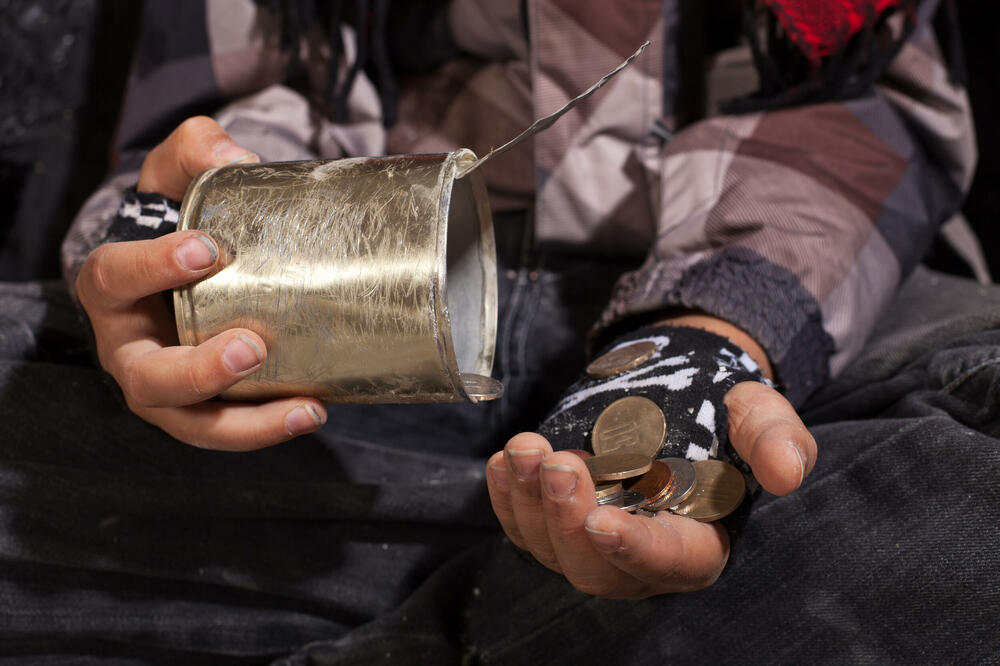The crime was committed in a particularly cruel manner, especially since the perpetrator is the parent of the injured party, and the kind of father he is can be seen from his previous convictions - for violence against his wife and children, selling the youngest child in exchange for a motor vehicle, sexual exploitation of his wife, forcing his own and others children to beg…
This is the essence of the first final verdict for human trafficking related to forced begging. The verdict was only handed down in 2020. The convict forced his minor children to beg for years, so that if they refused, he would abuse them and their mother. He would take all the money they beg for himself.
In the last 19 years, since human trafficking was included in the Montenegrin Criminal Code (CC), only two out of 22 final convictions for trafficking refer to begging and arranged marriage. Both sentences were below the legal minimum, he found Center for Investigative Journalism of Montenegro (CIN-CG) by analyzing court practice in that area.
In the Criminal Code (CC), among other things, it is written that anyone who "recruits, transports, transfers, hands over, sells, buys, mediates the sale, hides or keeps another person, with the aim of exploiting his work, carrying out criminal activities, sexual exploitation, begging, use for pornographic purposes, entering into an illegal marriage..." constitutes the criminal offense of human trafficking. Penalties range from one to 15 years in prison, depending on the type of crime committed, and the most severe penalties are prescribed when the victims are minors.
Although there are few legally binding court verdicts, we are witnesses that there are many more cases of the criminal offense of human trafficking in Montenegro, and that the perpetrators, as well as the victims, are often Roma.
Roma children beg on the streets every day. This represents the most widespread form of economic exploitation of children. Also, arranged marriages are treated as part of Roma tradition, even though they are classic human trafficking. Such cases generally pass "under the radar" of judicial institutions.
"For more than a decade, we have been pointing out the unequal access to justice for victims of child arranged marriage and begging. These are two social problems that require a strong legal response from the state in their prevention and general prevention," the director of the Center for Roma Initiatives (CRI) pointed out for CIN-CG. Fana Delia.
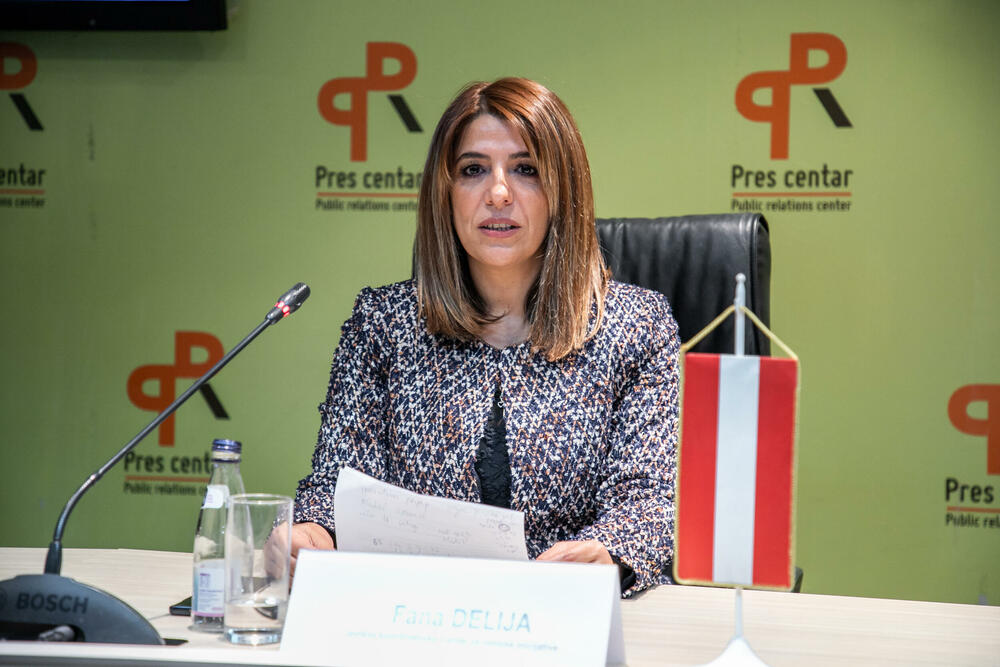
She emphasizes that the most common response of the judicial authorities is that there is no evidence, and Delija assesses that it is a case of poor pre-criminal procedure and negligence during the investigative actions of the police and prosecutor's office.
"When evidence is not collected or it is approached disinterestedly, with a delay in its collection and execution during the process, it is normal that there will be a small number of proceedings, because the perpetrator is expected to confess to the crime, to say that he took or gave money , that is, that he deliberately exploited the child", emphasizes the director of the CRI.
That is why, adds Delija, it is necessary for the legal system to focus on other evidence, such as secret surveillance, undercover investigators and more serious monitoring of information received from the civil sector.
"It should not be taken lightly that these are 'our jobs', they are the jobs of this society and every child is important," says Delija.
The higher court reduced the sentence for the "returnees" both times
The Criminal Code (CC) for the crime of forced begging, for which the father of four minor children was accused from the beginning of the text, stipulates at least ten years in prison. He was sentenced to that much by the judgment of the High Court, but the Court of Appeal changed the sentence to eight years.
The Council of Judges of the Court of Appeal, in which they were Zoran Smolović, Milenka Žižić i Dragisa Rakočević, reduced the prison sentence by two years, justifying the decision by saying that the court that ruled for ten years did not give the necessary importance to the established mitigating circumstances, i.e. family circumstances. To the Court of Appeal, among other things, the number of family members whom the convict abused was one of the reasons to reduce the sentence of the accused below the legal limit.
Before this verdict, the accused was convicted five times for the criminal acts of domestic violence, rape, mediation in prostitution, neglect and abuse of minors...
In almost all of these cases, the courts awarded him very low prison terms. In one of the earlier verdicts, he was convicted for selling his newborn child in exchange for a car. For that he got only ten months in prison! And the offense was not treated as human trafficking, but the criminal offense of changing family status.
He received a sentence of 76 days in prison earlier also for abusing and forcing his children to beg, as well as violence and forcing his wife into prostitution. For the Montenegrin prosecutor's office, this was not human trafficking either, but neglect and abuse of minors, domestic violence and mediation in prostitution.
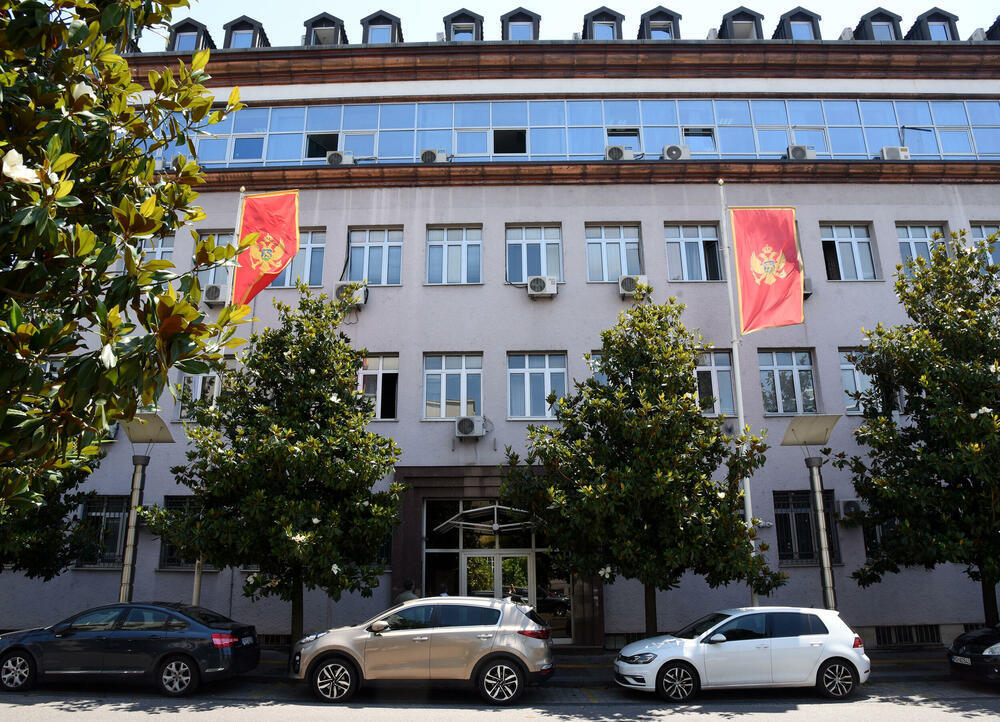
"When she refused to have sexual intercourse with the person he brought, he hit her on the back with a wooden broomstick," the verdict reads.
The second final verdict for human trafficking, which refers to forced marriage, ended with a sentence of two years in prison, although this type of criminal offense is punishable by at least three years according to the Criminal Code.
This decision became final in 2021.
The defendant abused his twelve-year-old daughter and forced her into marriage, in exchange for 5.000 euros.
The judicial panel in which they were Vesna Kovačević, Vesna Jovetić i Srđa Vujović it concluded that unemployment and poor financial condition should be counted as particularly mitigating circumstances for the convicted person, so it reduced his sentence to less than the one prescribed by law.
The convicted person is also a multiple "returnee", and the court acted very mildly in several earlier judgments against the same man. He was sentenced to 14 months in prison for aggravated theft and illegal possession of weapons and explosive materials, and a year later for a repeated criminal offense he received a lesser sentence - one year in prison.
Apart from these punishments for acts of begging and arranged marriage, in the last four years, Montenegrin courts have ruled only twice for human trafficking. One verdict of one year and two months in prison was brought by settlement for the crime of human trafficking and mediation in prostitution. She was convicted of forcing several people into prostitution and taking money from them. In another verdict, the mother and stepfather of the minor girl were sentenced to 15 and 17 years in prison for repeatedly raping the girl and forcing her into prostitution.
By 2020, there are no convictions for forced marriages and begging
In the analysis of court practice from 2004 to 2019 in cases of human trafficking in Montenegro by the Supreme Court (SC), it was pointed out that sexual exploitation is the most dominant form of exploitation of victims, while no confiscation of body parts, begging was recorded in court decisions and forced marriage.
In that analysis, it was stated that there were 18 final verdicts for human trafficking, and it was also announced that the average duration of criminal proceedings at the level of all courts is two years, four months and two days.
The most severe prison sentence was 17 and 15 years, while the mildest sentence was six months.
It is added that the crime of human trafficking is most often committed by men. Of the 48 defendants against whom criminal proceedings were conducted, 42 of them are male.
The highest percentage of victims of human trafficking are women:
"Out of the 39 victims identified by court verdicts, 26 of them are women, and 13 victims were men," it was pointed out in the SC analysis.
In that document, it is stated that of the 48 defendants against whom criminal proceedings were conducted, 40 were sentenced to prison terms, seven were acquitted, while the charges against one were dismissed due to the prosecutor's withdrawal from criminal prosecution.
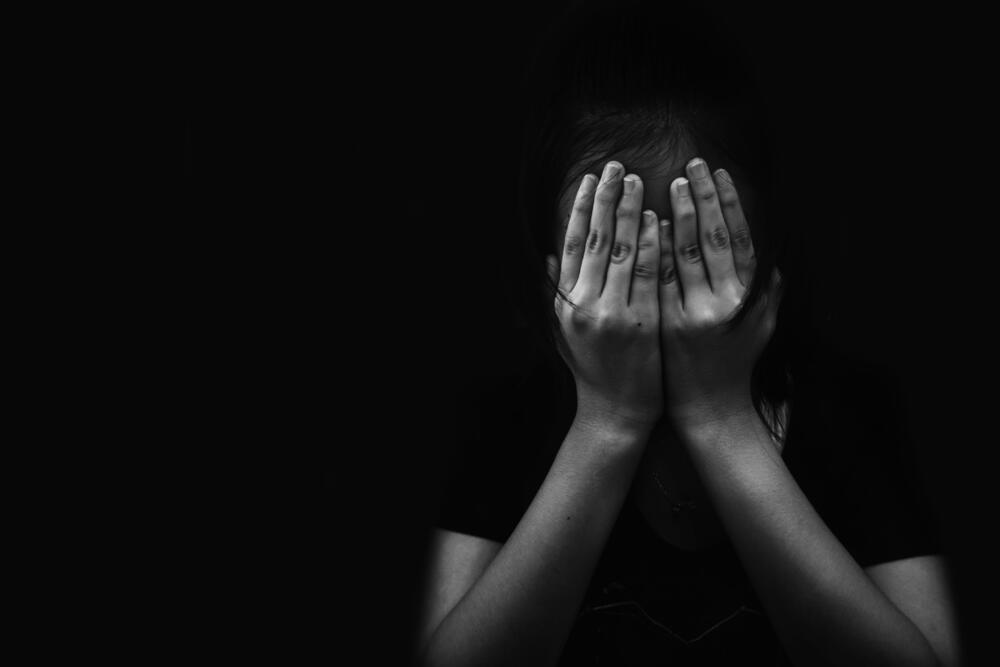
Most of the accused, 31 of them, were Montenegrin citizens. They are followed by citizens of the Republic of Serbia (8), the Republic of Kosovo (7), one person from Ukraine and one stateless person.
Victims of human trafficking in Montenegro are mostly local citizens. Of the 39 victims of human trafficking, eight were minors.
"Although a significant number of victims are Montenegrin citizens, the analysis shows that in the majority of cases it is a crime of human trafficking with cross-border elements," the SC report says.
It is added that victim support services have not taken root in practice, with the assumption that one of the reasons is the general lack of information of citizens and victims themselves about the existence of these services.
A stronger judicial response to human trafficking is needed
In the latest report of the US State Department (SD) on human trafficking from 2022, it is pointed out that Montenegro did not meet the minimum standards in several key areas.
It highlights that fewer cases have been investigated and prosecuted than in previous years, that efforts to protect victims have been reduced, including less funding for shelters, fewer victims identified, and a lack of efforts to proactively identify victims among asylum seekers, irregular migrants and seasonal workers.
It is also noted that children, especially Roma, are exploited in forced begging.
"Roma women from Montenegro were allegedly sold into marriage and forced into slavery in Roma communities in Montenegro and, to a lesser extent, in Albania, Germany and Kosovo," the report states.
The SD report also criticizes the work of the prosecutor's offices, with the assessment that the Higher State Prosecutor's Office should initially review all cases related to potential human trafficking and refer cases that are not considered "trafficking" to lower prosecutors' offices and not vice versa.
"In previous years, basic state prosecutors' offices have suspended some potential human trafficking investigations when they have provided sufficient evidence to prosecute under Article 210 (brokering in prostitution) and have not investigated more subtle forms of coercion or sought additional evidence through specialized investigative techniques," it explains. in the SD report.
US State Department observers continued to report that victims were being assigned attorneys with little or no experience, including attorneys with only civil, not criminal, experience.
It is also emphasized that there are still no interpreters for the Romani language on the official list of court interpreters.
"Judges did not award compensation in criminal cases or confiscate property for compensation. "Courts have not awarded any compensation to victims in civil proceedings, partly due to civil proceedings lasting from two to five years, discouraging victims from seeking compensation," the SD report concluded.
And in the latest report of the European Commission (EC), it is pointed out that the Roma community, especially women and children, is still at high risk of human trafficking.
"Montenegro has yet to improve its capacities to prevent human trafficking," the EC report emphasizes.
It is clarified that a stronger judicial response to human trafficking, shorter court proceedings, dissuasive punishments and systematic confiscation of the proceeds of crime should be provided.
"Montenegro should improve support for victims in processes related to human trafficking," the document added.
In the absence of specialized lawyers and appropriate legal advice, it is pointed out that many victims do not seek the free legal aid to which they are entitled.
"In the context of the ongoing Russian war of aggression against Ukraine and the arrival of Ukrainian refugees in Montenegro, additional efforts by Montenegro are needed to prevent the risk of human trafficking," the EC report concludes.
According to the last census from 2011, 8.305 members of the Roma and Egyptian population live in Montenegro, and half are women.
Research conducted by the Center for Roma Initiatives (CRI) back in 2014 showed that in Montenegro as many as 72,4 percent of the Roma and Egyptian population get married between the ages of 12 and 18. Those under the age of 16 are forbidden to marry under the CC, and parental consent is required until they reach adulthood.
Although this research was done back in 2014, interlocutors from the Roma community say that not much has changed. Partly due to the fact that punishments for these crimes are rare, and victims from the community are mostly invisible to the Montenegrin judiciary.
Supreme Court: Avoid mitigation of sentence
The Supreme Court (Supreme Court) pointed out in its analysis that the courts often applied the institute of mitigation of punishment. This happened in seven cases involving 17 persons, "which should be avoided bearing in mind the gravity of the criminal offense of human trafficking and comparative legal practice".
The Supreme Court observed that when determining the punishment, as mitigating circumstances, the personal circumstances of the perpetrator (marital status, parentage, age, health, financial situation, unemployment) have a central place. The analysis adds that these circumstances are significant, but that judgments often use generalized and insufficiently explained formulations.
"It seems that these circumstances are used automatically, which is not characteristic only for determining the punishment for these crimes, but is an established practice of Montenegrin courts for other types of crimes," concludes the analysis of the SC.
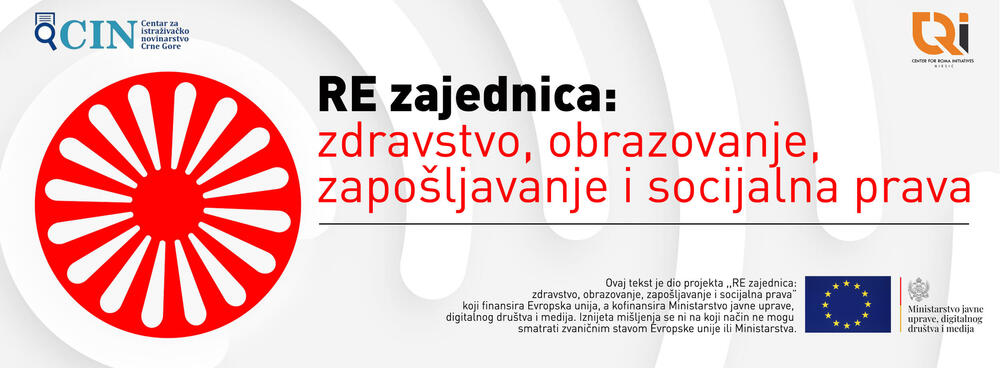
Bonus video:



